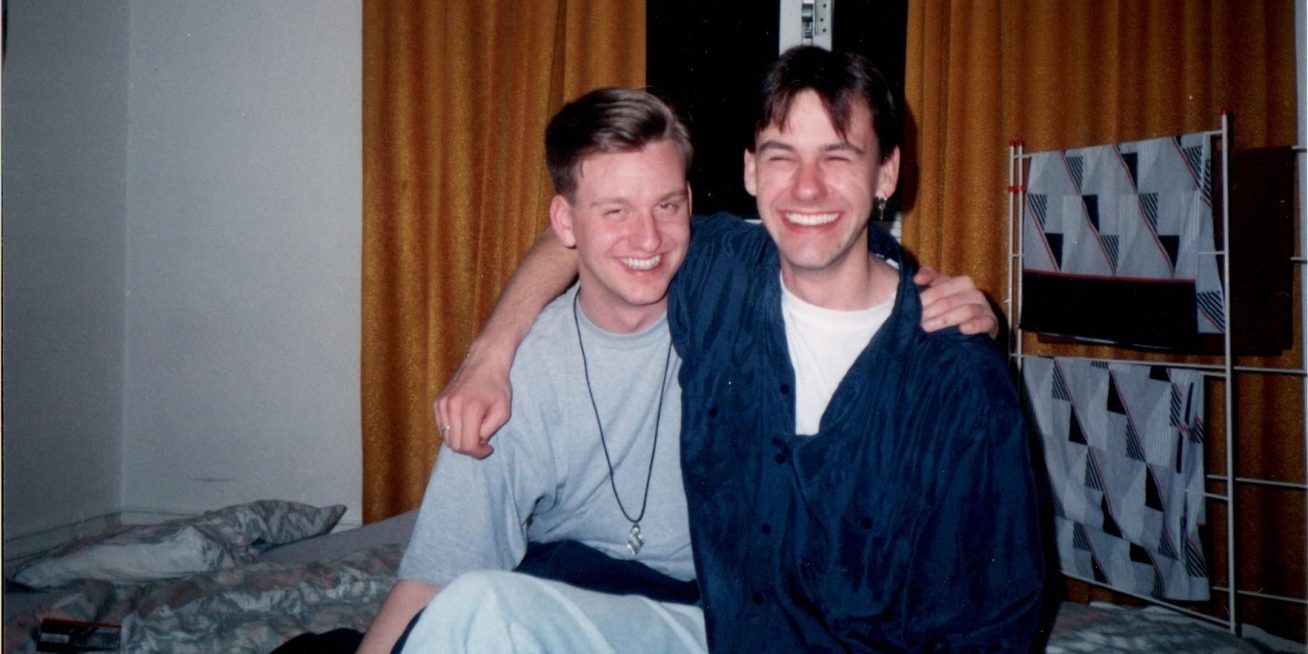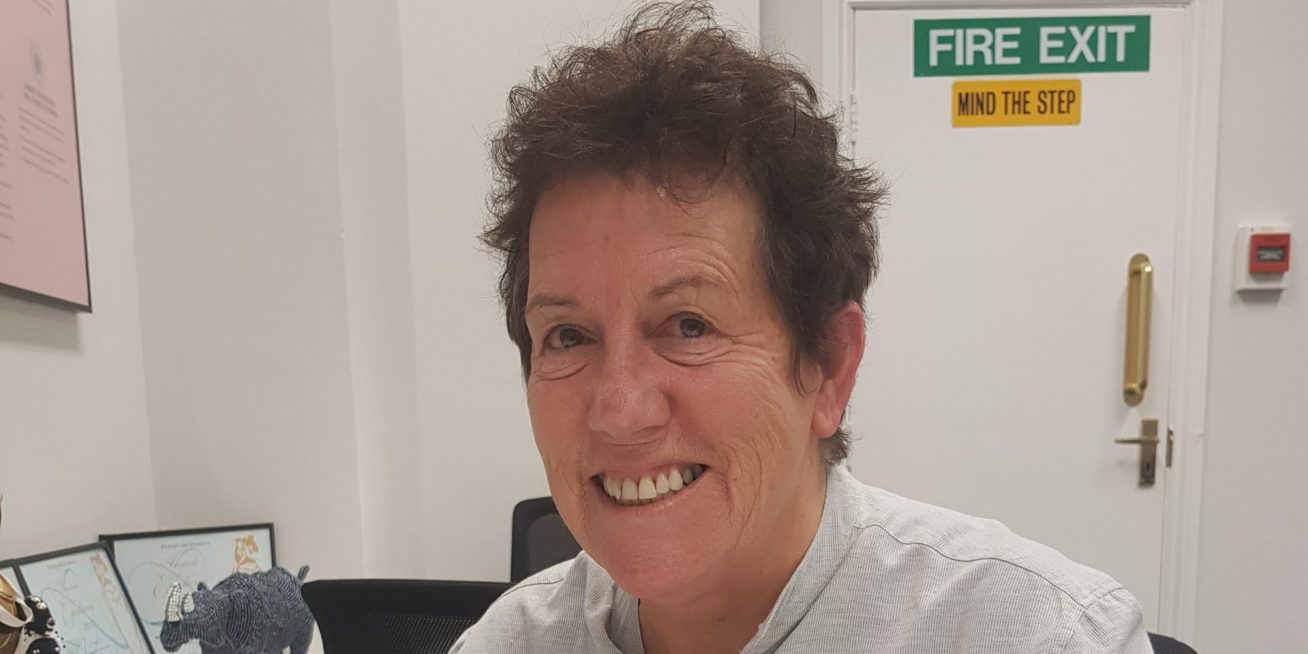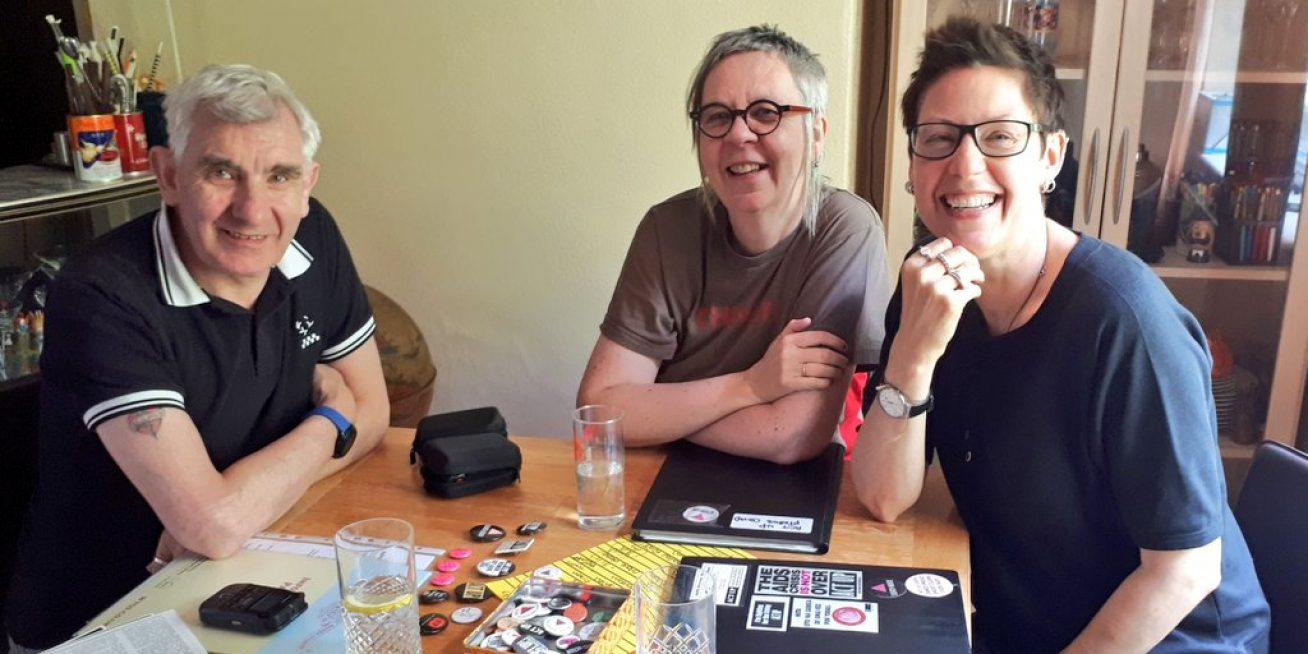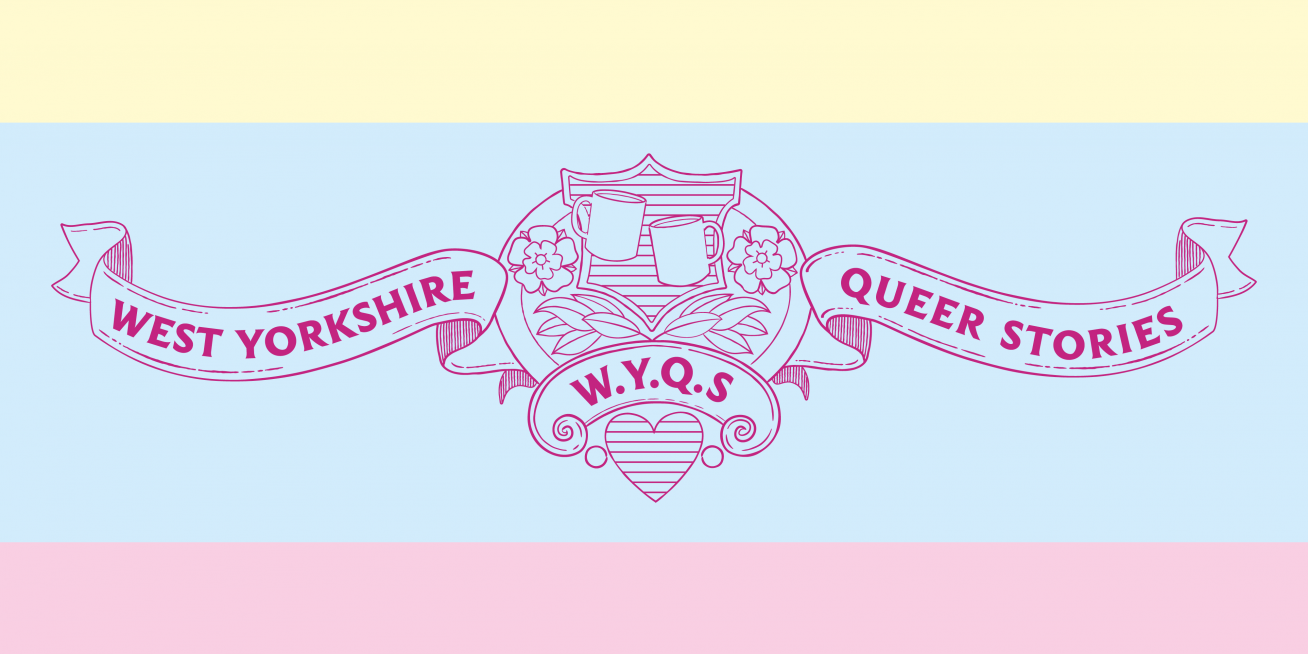Positive and Confident Together
Members of the peer-led PACT group at Leeds Skyline describe how they support each other as gay and bisexual men living with HIV.
TRANSCRIPT
ANDI: PACT currently stands for Positive and Confident Together, which denotes a massive change in how we view living with HIV. I mean, it was originally called Positive and Coping Together, cos I think that’s what people were doing at that time, they were literally just getting by, they were just coping. But it’s a group open to gay and bisexual men who live with HIV. And so…STUART: And […] prior to PACT, what was it known as then?
GROUP MEMBER: I first came across it when it was Leeds AIDS Advice in the early 90s. Then Terrence Higgins Trust took over. Then there was an intermediate stage with somebody else, and then it was early 2000s when it became PACT, so – it’s been in different guises through the years. This is probably the biggest group throughout that time.
RH: So how many members of the group would you say there are in total?
STUART: It varies between, sort of, sometimes 14 – as a top number we’ve hit 18.
ANDI: I mean there’s something like 180 on the books.
GROUP MEMBER: …who might come in once a month or once every six months, as opposed to regular attendees.
STUART: And what tends to happen is, people might have two years off and then return, because maybe they’re going through, not necessarily a crisis, but they just feel that they’d like some type of support and maybe they haven’t, y’know, discussed their issues about, y’know, what they’re going through. And I think the main question we often ask, if when we, y’know, when we meet someone who’s new, is… and you can start this one, anybody… how has PACT helped you…? […]
GROUP MEMBER: I got first introduced to PACT in April 2016. I was actually introduced the day I was diagnosed… erm, so… yeah, I was a bit apprehensive of coming, cos obviously I didn’t know anything about HIV, didn’t know – you sort of hear about it on the news or y’know, and you don’t really think about it. So obviously the first group I came to, I was very nervous, very, no confidence, y’know, scared. And then like three years on I’m, my confidence has gone back to where it should be. I’ve learnt more and more about what HIV’s about, y’know – the ins and outs of it. Also though, PACT, it doesn’t just talk about HIV, it also talks about other subjects that people have gone through, such as, y’know, different illnesses that they’ve got. Yeah, but it’s, y’know, I’m like where I want to be now. And I just come back each week just, y’know, if anybody else needs support and, y’know, some advice.
RH: Does it help sort of having a group that’s specifically for gay and bisexual men to be able to talk?
GROUP MEMBER: Yes I think it does, because a broader group, there’s maybe some subjects you can’t talk about, whereas here it’s very little we don’t talk about.
GROUP MEMBER: Nothing really taboo, is it, really?
GROUP MEMBER: Not really, no.
GROUP MEMBER: Very, very open.
GROUP MEMBER: Very open, and that’s the way it needs to be.
ANDI: And the group in the last six months has gone to peer-led, so it’s run by the, y’know, from within the group and the group decides the format and the topics they want bringing in, whether it’s guest speakers or, so, which is good. I think it’s one of its strengths and so…
RH: What have you had in terms of like speakers and activities and stuff at the meetings?
GROUP MEMBER: It’s been a diverse…
GROUP MEMBER: We’ve had people in to talk about stress.
GROUP MEMBER: Stress, wellbeing –
GROUP MEMBER: Sleep disorders.
GROUP MEMBER: Depression –
GROUP MEMBER: Dieticians.
GROUP MEMBER: Dieticians, sexual health, relationships –
GROUP MEMBER: Doctors –
GROUP MEMBER: Doctors have been in.
GROUP MEMBER: Counsellor.
GROUP MEMBER: Counsellor, we’ve had stuff around recreational drug use.
GROUP MEMBER: Nutritionist.
GROUP MEMBER: Traumatic videos.
GROUP MEMBER: Massage. We’ve had quite a wide variety of people we can invite.
GROUP MEMBER: And then also we have, y’know, just sessions which are a bit more intense, where we’ll just have a two-hour session where we find out about, y’know, what people have been up to, how are they feeling, trying to reconcile any issues that we may have going on. So, we interject those, y’know, in between periods where we have speakers coming in, just so… we don’t miss opportunities. And we do have a very close relationship now, with our support team. […] Do you want to let us know about your story? A little bit, from nine years ago, ten years ago?
JOSEF: Yeah, I originally came here, pretty much, as soon as I was diagnosed in 2010. I was already at that time in a bad place, anyway, from, suffering from depression for a few years. Quite isolated. I found it hard travelling on public transport; I’d have often have someone even to go on the bus with me to places. So yeah, I was like literally at the lowest point in my life, really. And, at first I didn’t want to come to like a group, like this. I mean, I went on a different course that we had going at the time called Positive Self-Management, which was mainly for people quite newly-diagnosed to sort of enrich their knowledge of HIV and possible implications. Erm, after being there, and making some friends and learning how nice everyone was I decided to come to the PACT group, and from there on I have increased my knowledge. I’ve… My depression has reduced, my isolation had certainly reduced, I’ve made some good friends. I literally, throughout that time, over the last nine years I’ve completely turned my life around. I started volunteering here. I did have a job previously for several years before being diagnosed, and now I actually have a job here, working here. And I feel a lot more confident about HIV, I’ve got a partner. I feel really stable now.







